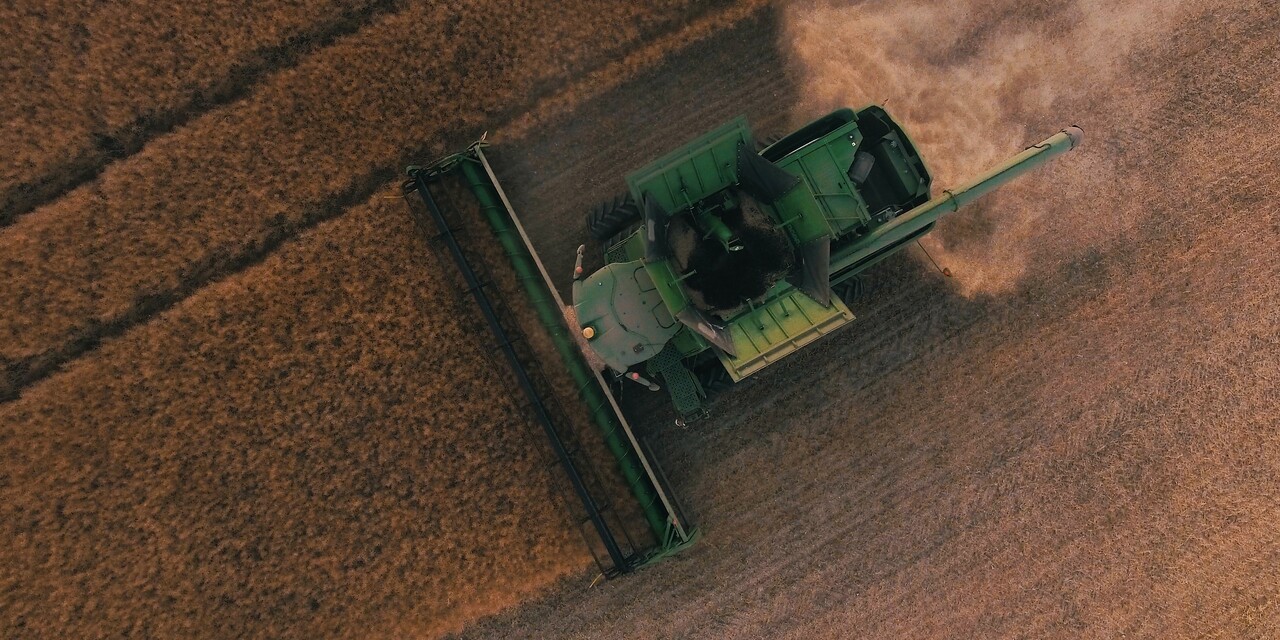
Ensuring the integrity of UK food imports post Brexit
The conclusion of the EU exit transition period has undeniably posed novel challenges for regulatory authorities, including border control enforcement and capacity, trade disruption between the UK and EU, regulatory disparities, and data sharing limitations.
Recent seizures of illegal meat at Dover highlight ongoing challenges. Chief executive of the British Meat Processors Association (BMPA), Nick Allen, notes that budget constraints in local government have led to shortages in staffing at UK ports, potentially facilitating the evasion of detection for illegal imports.
“This has come into focus, especially as Defra has confirmed that preventing an outbreak of African Swine fever is a key focus,” he says.
“With almost 60 tonnes of illegal meat having been seized since September 2022, it’s clear that there is undoubtedly a problem with people trying to bring produce into the country,” says Mr Allen.
“Although the UK’s border forces do a fantastic job with relatively limited resources, I have a concern about how much is slipping through the cracks given the volume of produce that is being discovered.
“Not only does this potentially expose the UK’s population to health risks from produce that doesn’t meet our rigorous standards, as well as the risk of animal borne disease entering the country.”
The BTOM came into force the end of January and requires export health certificates and pre-notification for all EU imports of medium- and high-risk food items. Physical inspections will commence on April 30th at a newly established facility manned by UK veterinarians to verify compliance with UK regulations.
“UK producers, including those in the BMPA and fiin, have been concerned that there has been an uneven playing field as the delay in implementing post-Brexit border checks meant food imported to UK was subject to fewer checks than UK produce exported to EU,” he says.
As well as levelling the playing field, these certificates should help to reduce the risk of illegally imported food.
“These certificates will provide an easy way for border patrol staff to find illegal, potentially unsafe imports. However, with the terminal being 22 miles inland and with drivers being under no obligation to go to the terminal, it’s possible that this may cause more delays,” says Mr Allen.
The impact on UK food businesses is not yet known. In the meantime, the industry continues to manage ongoing and concurrent supply chain disruptions.
“With 12% of global container ships passing through the Red Sea, the disruption by pirates there is having an enormous effect globally,” says Mr Allen.
“Although I hope that this issue is resolved quickly to minimise the impact on the end consumer, it comes as a reminder that we should be working together to form more resilient supply chains.”
In this ever-evolving landscape, continued vigilance around the risk of food fraud is key. All members of fiin are committed to the highest standards of food quality and safety. The fiin Board would welcome any steps to ensure that any food that reaches the consumer complies to the same high standards as food produced in the UK. Fiin continues to collaborate with the UK food industry, as well as regulators and other stakeholders to identify and mitigate risks and protect the integrity of food supply chains.
For more information on how to join fiin, click here.

